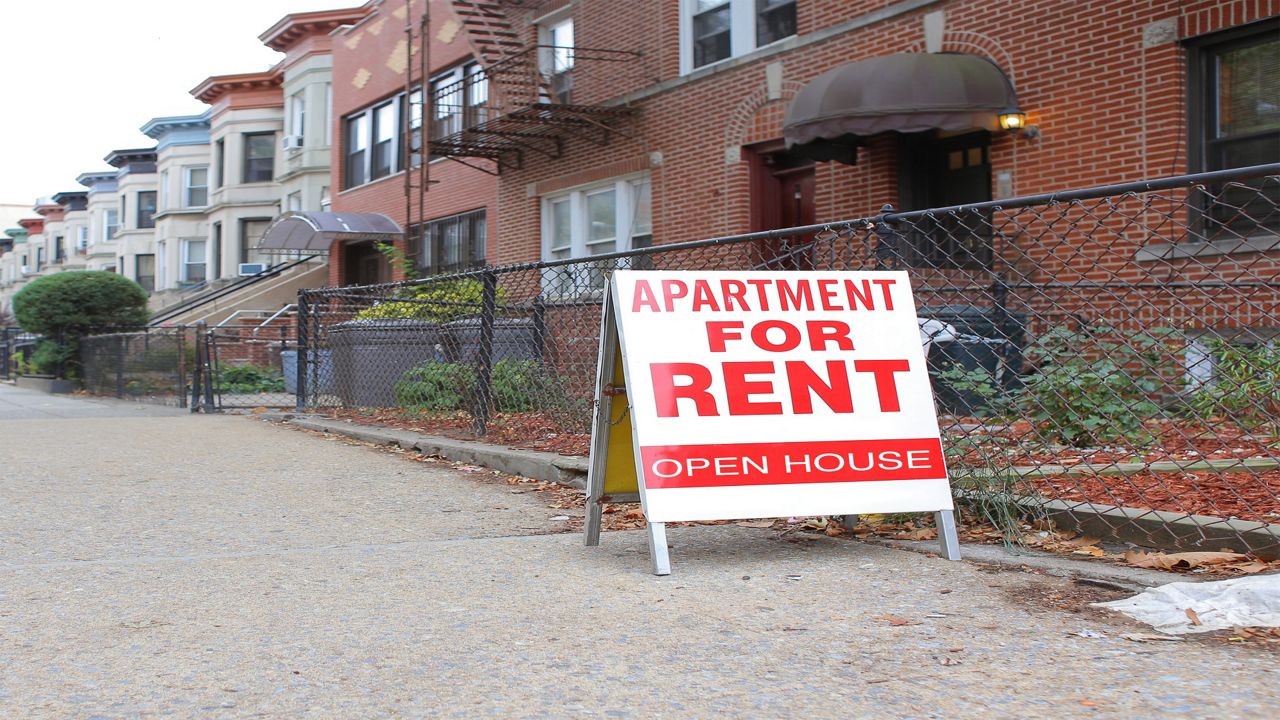New York state lawmakers and Gov. Kathy Hochul should allocate at least $2 billion for the Emergency Rental Assistance Program in order to address thousands of renters who remain in arrears, an organization that represents 4,000 housing operators on Monday said.
The push from the Community Housing Improvement Program comes after a survey by the group found at least 100,000 tenants are in "significant" arrears and have not received any assistance.
“The state is facing a serious housing problem. Eviction Moratoriums have delayed the inevitable and many renters cannot wait for federal rent relief to come. They need the state to act to prevent evictions now,” said Jay Martin, the group's executive director. “With future COVID variants likely it's time for the state to create a true safety net for New Yorkers renters facing this and future storms.”
State officials have requested an additional $996 million from the federal government earlier this month, but the funds come with restrictions on how they can be spent. The group points to funding from the state having fewer restrictions and can provide more direct aid to renters who are yet to qualify for the Emergency Rental Assistance Program.
The funding was made available earlier this year to provide financial relief for landlords whose tenants have financially struggled during the COVID-19 pandemic and have been unable to pay rent. New York's moratorium on pandemic-related evictions is due to expire on Jan. 15.
The group backs the expiration of the moratorium as a way of helping the courts find renters who need financial aid.
In October, the group found 13.7% of renters are more than two months behind on their rent, with more than 4.5% facing arrears of more than $15,000.
“The truth is that many struggling New Yorkers have not applied for ERAP. If the state does not step in and help these renters, then they will be saddled with massive amounts of debt and could be displaced from their homes,” Martin said. “Failure to help them also will hurt housing providers who have been asked to provide homes to non-paying tenants for more than 21 months with no compensation. While a few owners can absorb this financial loss, many small property owners cannot and are at imminent risk of losing their buildings through foreclosure or forced sale.”


